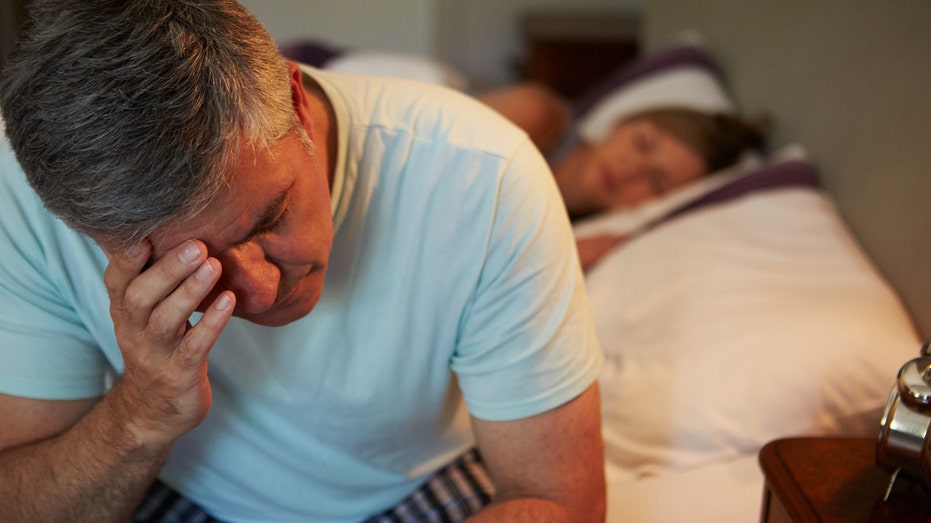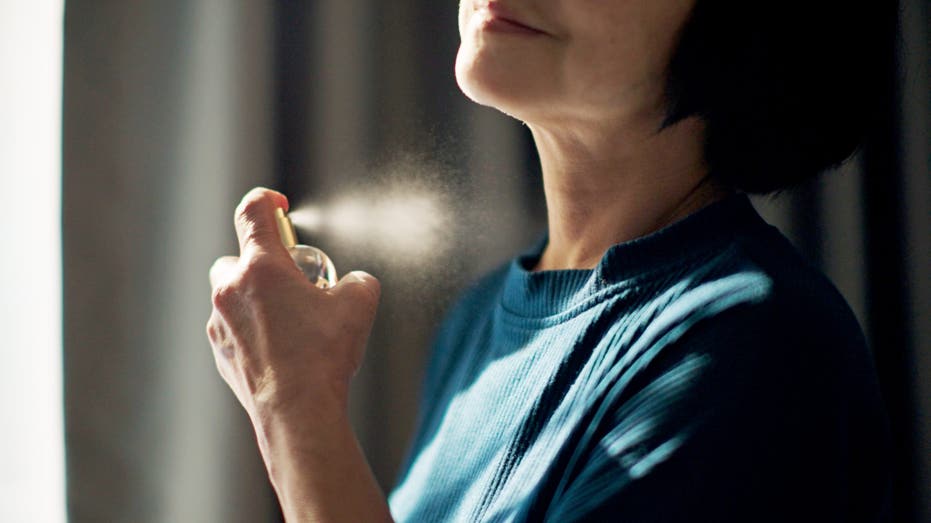Why 90% of Americans Can't Sleep Through the Night, According to Experts

Sarah Johnson
April 4, 2025
Brief
A new survey reveals most Americans struggle with sleep, citing stress, health issues, and temperature. Experts offer tips for better sleep hygiene and environment control.
Sleep is a cornerstone of good health, yet many Americans are struggling to get enough quality shut-eye. According to an annual survey released in March by U.S. News, the data paints a troubling picture of restless nights across the country.
Despite recommendations from the National Institutes of Health to get seven to nine hours of sleep per night, 58% of respondents admitted to sleeping only six to seven hours nightly. Even more concerning, one in five Americans reported scraping by on just four to five hours of sleep.
What’s keeping Americans awake? According to the survey, 89% of adults regularly wake up during the night, with 40% experiencing frequent wake-ups. To cope, a quarter of respondents resorted to over-the-counter or prescription sleep aids.
Dr. Wendy Troxel, a licensed clinical psychologist and sleep expert affiliated with RAND Corporation, offered some insight into why so many Americans are tossing and turning. "Given the stress and uncertainty in today's world, it’s not particularly surprising that a striking number of people are facing trouble staying asleep," Troxel said in an interview.
Other culprits include health conditions like chronic pain and sleep disorders such as sleep apnea or insomnia. Environmental factors like pollution and rising global temperatures also play a role, disrupting the body’s natural circadian rhythm. "As part of the circadian rhythm, the body's core temperature naturally decreases at night, signaling it’s time to sleep. A cooler environment facilitates this temperature drop, promoting deeper and more restful sleep," Troxel explained.
Experts recommend keeping bedroom temperatures between 65 and 68 degrees Fahrenheit for optimal sleep. Troxel suggests breathable bedding, lightweight sleepwear, and temperature-regulating mattresses or pads to help maintain comfort. If you thought menopause was just a hot flash issue, think again—it’s a major sleep disruptor. About 60% of women experience restless nights during this transition. Hormonal fluctuations during the menstrual cycle and menopause can mess with thermoregulation, making sleep even harder to come by.
If you’re waking up in the middle of the night, Troxel advises practicing stimulus control. "If you wake up and can’t get back to sleep, get out of bed and do something calming but distracting, like reading a book or gentle stretching. You want your brain to associate your bed as a sanctuary for sleep, not as a place for frustration and worry." And whatever you do, resist the urge to check the clock—it only adds stress.
So, what’s the big takeaway here? Americans could seriously benefit from less stress, better temperature control, and a lot more respect for the sanctity of their beds.
Topics
Editor's Comments
It's shocking how nearly 90% of Americans can't sleep through the night—it’s like we’re collectively auditioning for zombie roles. Between stress, temperature troubles, and menopause, it's clear that restful sleep has become a luxury instead of a basic human function. Maybe it's time we started treating sleep like the VIP event it truly is.
Like this article? Share it with your friends!
If you find this article interesting, feel free to share it with your friends!
Thank you for your support! Sharing is the greatest encouragement for us.



